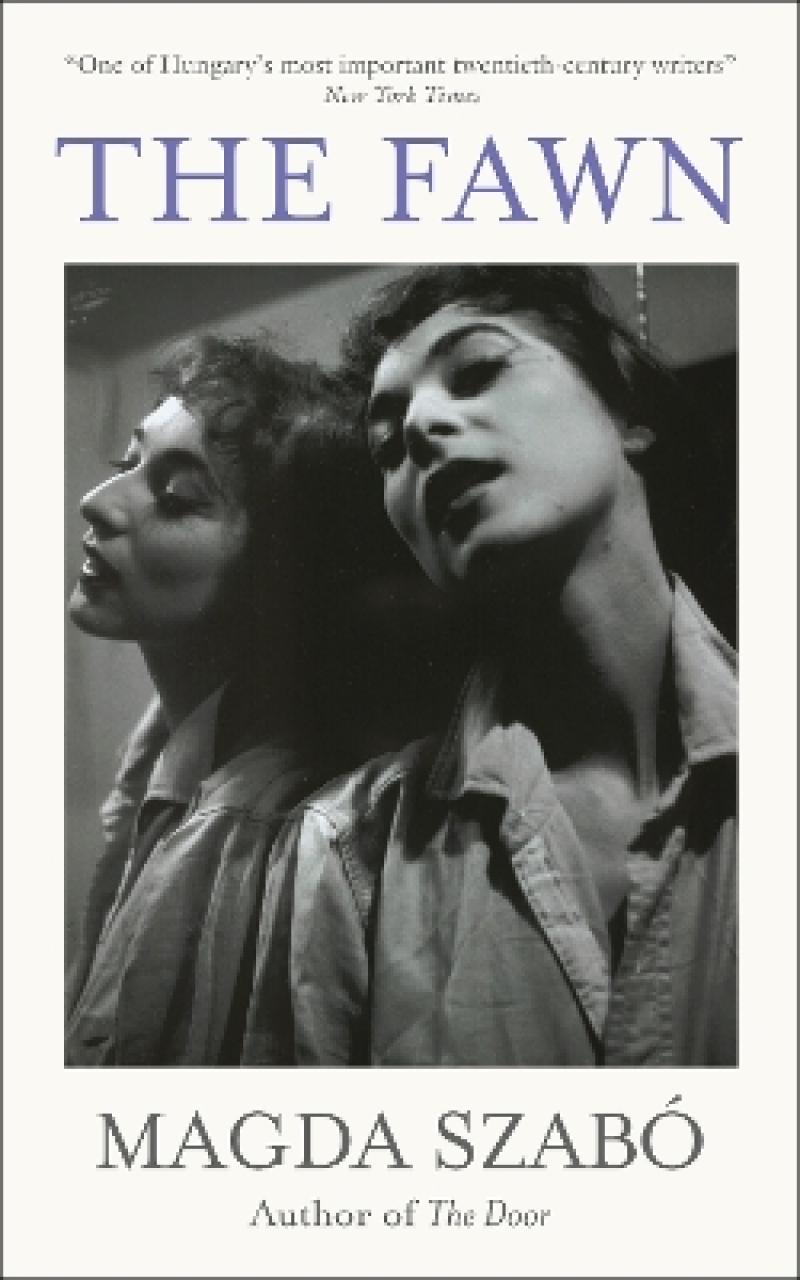What distinguishes this novel from being a fairy tale is its psychological complexity
- Nick Holdstock, Times Literary Supplement
Szabó's prose is a powerful reminder of just how resonant the relationship between language and memory can be
World Literature Today
Magda Szabó's fiction shows the travails of modern Hungarian history from oblique but <b>sharply illuminating</b> angles
Economist
<b>One of Hungary's most important twentieth-century writers</b>
New York Times
Magda Szabó's work casts an indirect light upon the dimness that exists between our public and private selves, a place wherein our betrayals-both personal and political-flicker uneasily over the walls
LitHub
"One of Hungary's most important twentieth-century writers" New York Times
"Magda Szabó's fiction shows the travails of modern Hungarian history from oblique but sharply illuminating angles" Economist
Eszter Encsy is an acclaimed actress, funny and outrageous, quick-witted but callous. Yet even flushed with the success of adulthood, Eszter craves acceptance of herself as she really is and of the person she has been.
The only child of an impoverished aristocrat and a harried music teacher failing to make ends meet, Eszter grew up poor and painfully aware of it in a provincial Hungarian town.
The feelings of resentment and envy acquired during her fraught childhood have hardened into an obsessional hatred for one person, the beautiful, saintly and pampered Angéla, Eszter's former classmate and the wife of the man who becomes her lover.
Set against newly communist 1950s Hungary, The Fawn embraces the lies and falsehoods people were obliged to live with in those nightmarish times, and displays Szabó's uncanny ability to convey how the past can haunt and consume us.
Translated from the Hungarian by Len Rix.
